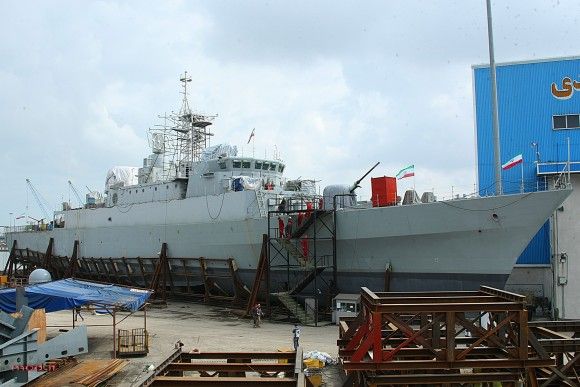Geopolitics
British-Nordic-Baltic Quick Reaction Forces Component To Be Formed. Without Poland.
United Kingdom Defence Minister announced the initiative involving seven European states, the aim of which is to create a quick reaction force component, also known as Joint Expeditionary Force. The aforementioned countries, besides the United Kingdom, also include Denmark, Latvia, Lithuania, the Netherlands and Norway. These states are to assign units involving up to 10 000 troops, to get involved in the aforesaid component. Memorandum related to that issue has just been signed in London.
Michael Fallon, UK’s Defence Minister, informed that a memorandum has been signed, the aim of which is to create Joint Expeditionary Force, a shared initiative of seven European states. These forces are going to consist, in total, out of 10 000 troops. The main task of the force is to rapidly react to the crisis situations related to the security of the member states. The component is also going to act as means of deterrence. Finally, the JEF is going to act against the potential humanitarian crises. The Joint Expeditionary Force is to be capable of operating in conditions of a full-scale conflict. A question arises – why is Poland not among the signatory states? The decision regarding formation of the units has been approved as early as in 2014, during the NATO summit in Wales.
Within the framework of the memorandum signed, the contribution of the individual states was defined. Joint-training, integration, data, resources and know-how transfer, related to the issues connected with the Joint Expeditionary Forces, were also discussed.
Fallon stated that the structure is independent from the existing joint defence initiatives realized within the framework of the North Atlantic Treaty Organization and other memorandums. Nonetheless, the British politician noted that the initiative is complementary, and that it may be involved in operations of similar QRF components deployed by NATO, UN or the EU. The United Kingdom is going to provide participation of its special forces, airborne and armoured units, army aviation, RAF and naval task forces. The British contribution is going to be “the most significant”.
It is worth noting, that the aforementioned forces are going to be constructed out of the existing elements, with the use of the experience gathered, when similar armed components were being created. For example, the heavy forces component is going to be probably close in its structure to the NATO Very High Readiness Joint Task Force, with a size of a battalion battle group.
Signing the memorandum is yet another symptom, showing that the NATO member states and the partner nations try to fulfil their commitments, defined during the NATO Summit in Wales, back in 2014.

